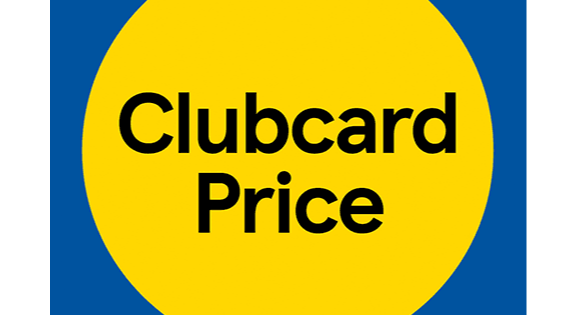UK grocery price inflation has fallen for the second consecutive month but remains the third-highest since the 2008 financial crisis.
According to the latest figures from Kantar, inflation in the grocery market fell by 0.1 per cent to 17.2 per cent during the four weeks to 14 May 2023.
But UK consumers could still be adding an additional £833 to their annual grocery bill, with staple items such as eggs, milk and cooking sauces rising at the fastest rate.
Analysis of UK prices found that the average cost of four pints of milk has come down by eight per cent since last month, but prices are still 30p higher than the same period last year.
Rocio Concha, director of policy and advocacy at consumer champion Which? described current levels of inflation as "unsustainable" despite the rate declining for the second month in a row.
Fraser McKevitt, head of retail and consumer insight at Kantar said that shoppers are skirting higher prices by choosing more own-label goods.
"These lines grew by 15.2 per cent this month, almost double that of branded products which rose by 8.3 per cent," said McKevitt. "However, the gap between own lines and brands is narrowing in most stores, helped in some cases by loyalty discounts."
Schemes such as Sainsbury's' Nectar prices initiative saw boosted sales on brands bought as part of deals at the supermarket, up by more than a quarter over the period.
The coronation week
Kantar said that an extra £218 million was spent on groceries during the week of the coronation, with sales soaring by 16 per cent overall. Sales of both wine and Coronation Quiche were particularly popular over the period.
Take home grocery sales during the week jumped by 10.8 per cent, with Aldi the fastest-growing retailer.
Sales and market share
Following the 12 weeks to 14 May, Asda saw its market share increase by 0.1 per cent to 13.9 per cent compared to the same period of 2022, with sales boosted by its Just Essentials range which was launched last year.
Morrisons saw its share increase by 0.6 per cent in its third consecutive period of sales growth, taking a 8.7 per cent overall market share.
Sales at were up at Tesco, the UK's largest supermarket, with growth across its convenience stores, large format supermarket and online channels. The supermarket now holds 27.1 per cent of the market, down slightly by 0.3 per cent.
Sainsbury’s sales increased by 10.5 per cent during the three-month period, holding its market share steady at 14.8 per cent.
Co-op experienced a rise in sales of 2.8 per cent, while Iceland's sales were up by 9.1 per cent. Ocado's sales jumped by 5.6 per cent over the 12 weeks.
Latest News
-
Just Eat Takeaway.com launches AI voice assistant to simplify food ordering
-
Ikea to roll out second hand marketplace to five countries
-
Debenhams Group rolls out agentic AI-powered post-purchase tech across brands
-
Aldi to create 500 apprenticeships this year
-
Nestlé appoints first-ever global e-commerce innovation and AI lead
-
Just Eat Takeaway forms European Works Council
Beyond Channels: Redefining retail with Unified Commerce
This Retail Systems fireside chat with Nikki Baird, Vice President, Strategy & Product at Aptos will explore how unified commerce strategies enable retailers to tear down these barriers and unlock new levels of operational agility and customer satisfaction.
The future of self-checkout: Building a system that works for consumers and retailers
In this webinar, industry leaders discussed what the future of self-checkout looks like and how retailers can make the technology work for everyone.
© 2024 Perspective Publishing Privacy & Cookies


.png)







Recent Stories